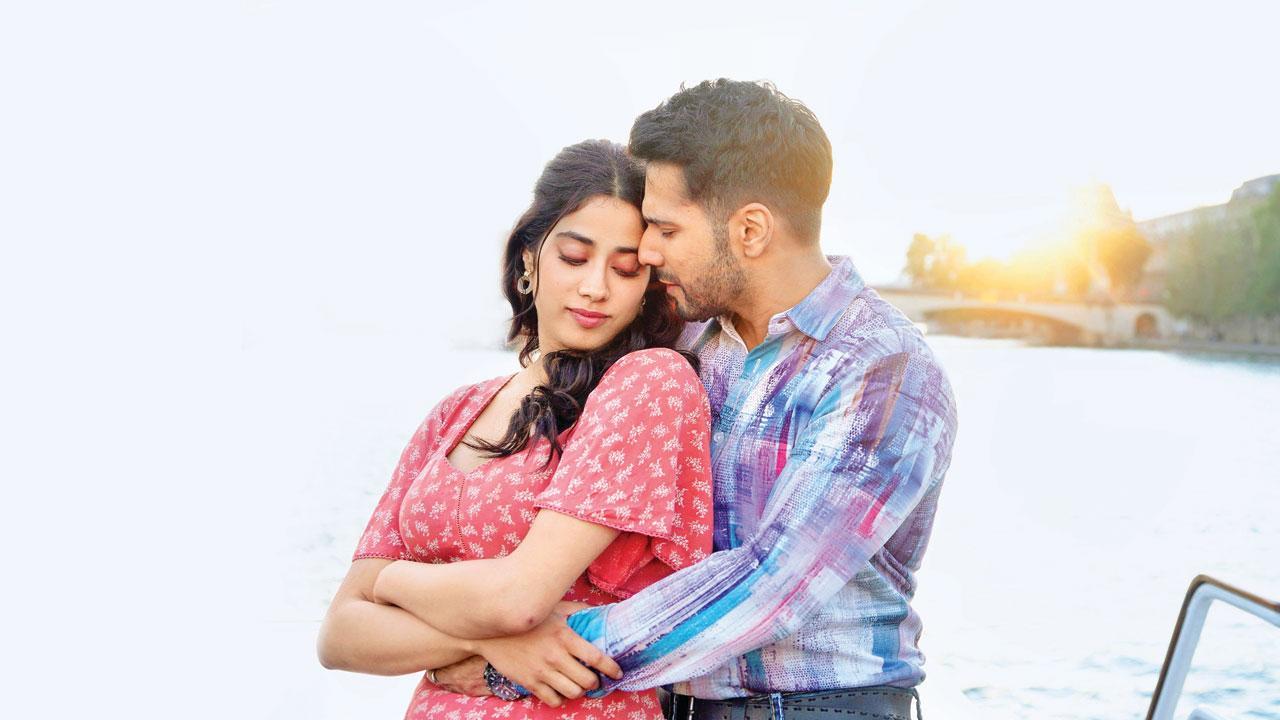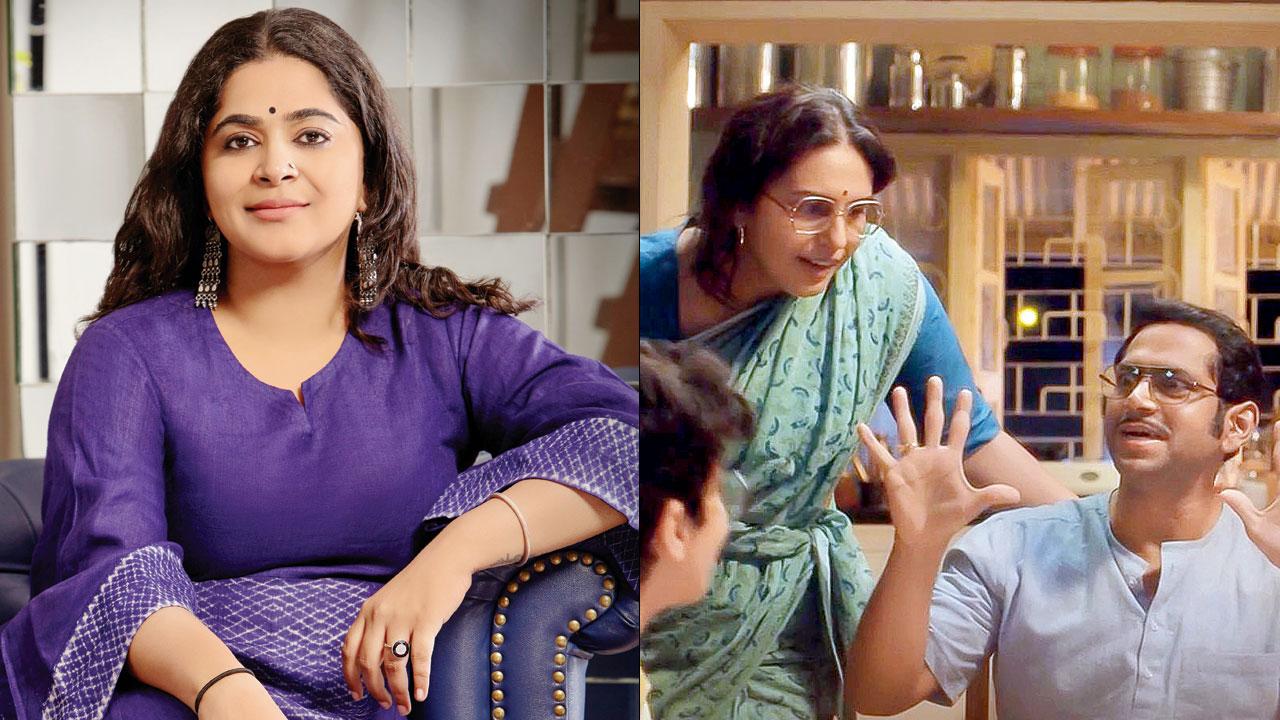Pushing for gender equality with her movies Bawaal and Tarla, filmmaker Ashwiny on how she faced casual sexism in the early years of her career

Bawaal
At first glance, the worlds of Bawaal and Tarla have nothing in common. One is about a small-town teacher who accepts his vulnerabilities, the other about a Mumbai homemaker who realises her strengths and becomes a famous home-chef and cookbook author. But to producer Ashwiny Iyer Tiwari, they are bound by a common thread. “Our stories evoke empathy, inspiration and aspiration in the audience,” she reflects.
ADVERTISEMENT

(From left) Ashwiny Iyer Tiwari; a still from Tarla
Yesterday, Varun Dhawan and Janhvi Kapoor’s Bawaal dropped on Amazon Prime Video. Telling a story of self-discovery, Nitesh Tiwari’s directorial venture is introspective, and poles apart from the larger-than-life entertainers that most filmmakers are churning out. To Iyer, it is an attempt to create hunger for different stories in the audience. “While discussing Bawaal, Nitesh said, ‘Until we give something new to the audiences, how will they know whether they want it or not?’ As storytellers, it’s important to tell such stories. For instance, the essence of Tarla comes from how, during the lockdown, all of us watched homemakers’ videos in which they shared wonderful recipes.”
Based on the life of famous home-chef Tarla Dalal, the eponymous biopic premièred earlier this month. The Huma Qureshi-starrer holds a special meaning for Iyer for its ability to make women across ages feel seen. “The story of Tarla is from ages ago, but it’s resonating with the younger audience [because] they have seen their mothers go through the same [experiences]. Huma has breathed life into the film. Sharib [Hashmi] was so happy that he called and said, ‘Thank you for choosing me to headline a film,’” recounts Iyer.
Even as her work, as a director and a producer, continues to subvert gender roles, Iyer says she faced casual sexism at the beginning of her career. She says it took some time for the media to treat her professional identity separate from that of her filmmaker-husband. “In the beginning, I was always referred to as Nitesh Tiwari’s wife. Nitesh would feel bad about it. He would say, ‘You are an equal director. What is this all about?’ But then, there was one article that referred to Nitesh as Ashwiny Iyer Tiwari’s husband. I felt a sense of happiness because change had taken place. Now, it has become a blind spot; it doesn’t matter that we are married,” smiles the director, who is currently writing a film based on Devika Rani and Himanshu Rai’s love story.
 Subscribe today by clicking the link and stay updated with the latest news!" Click here!
Subscribe today by clicking the link and stay updated with the latest news!" Click here!







